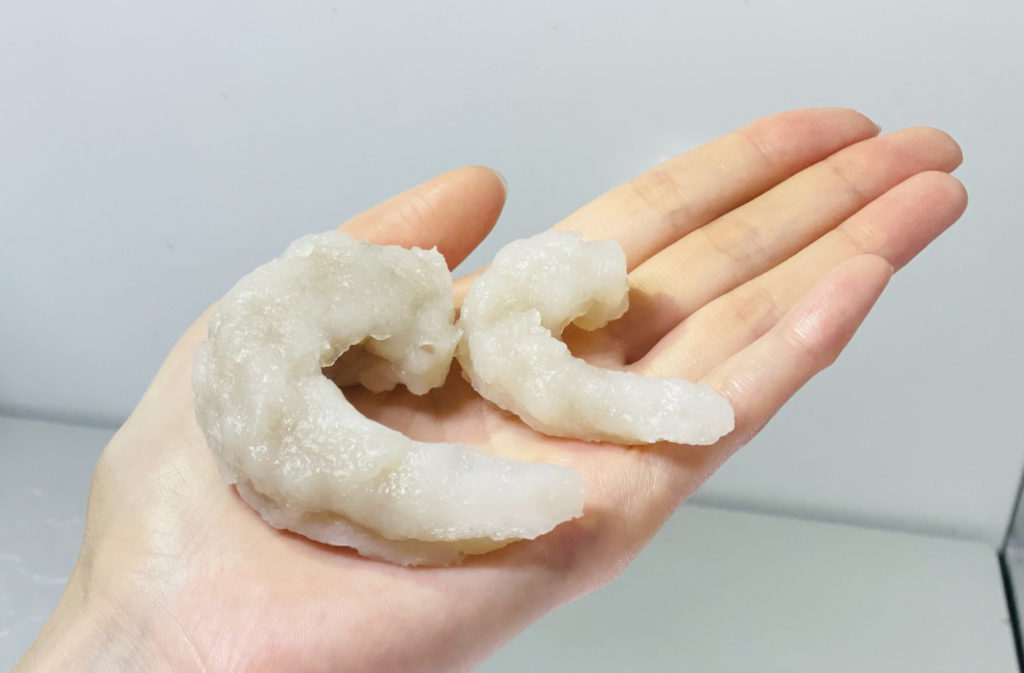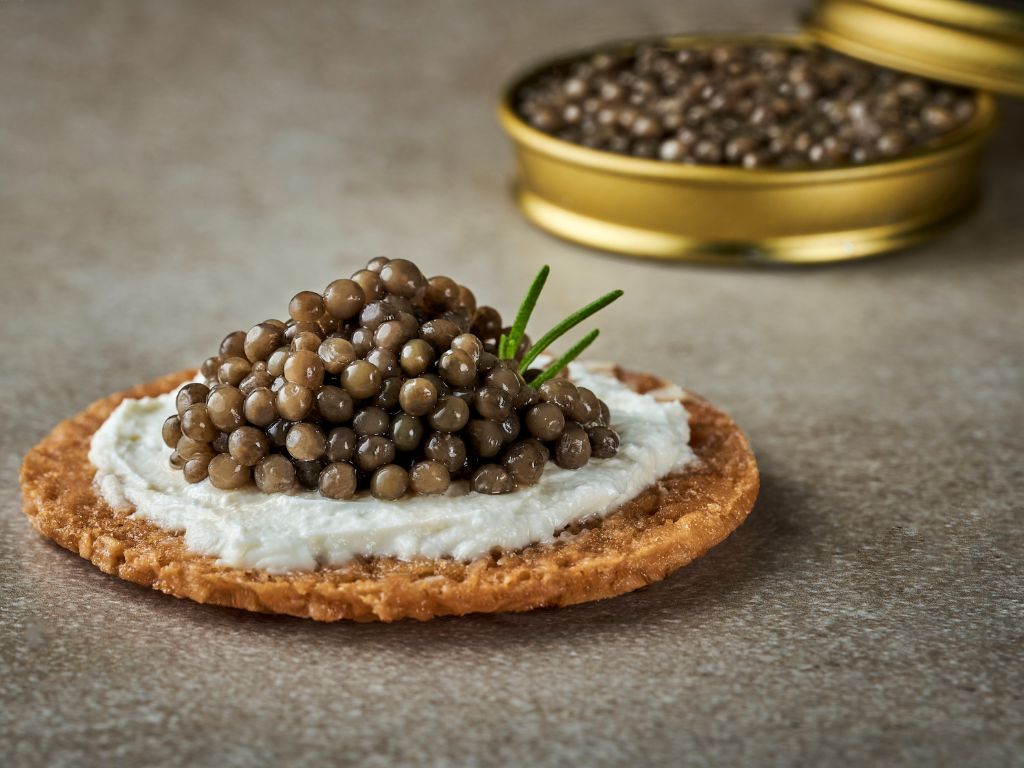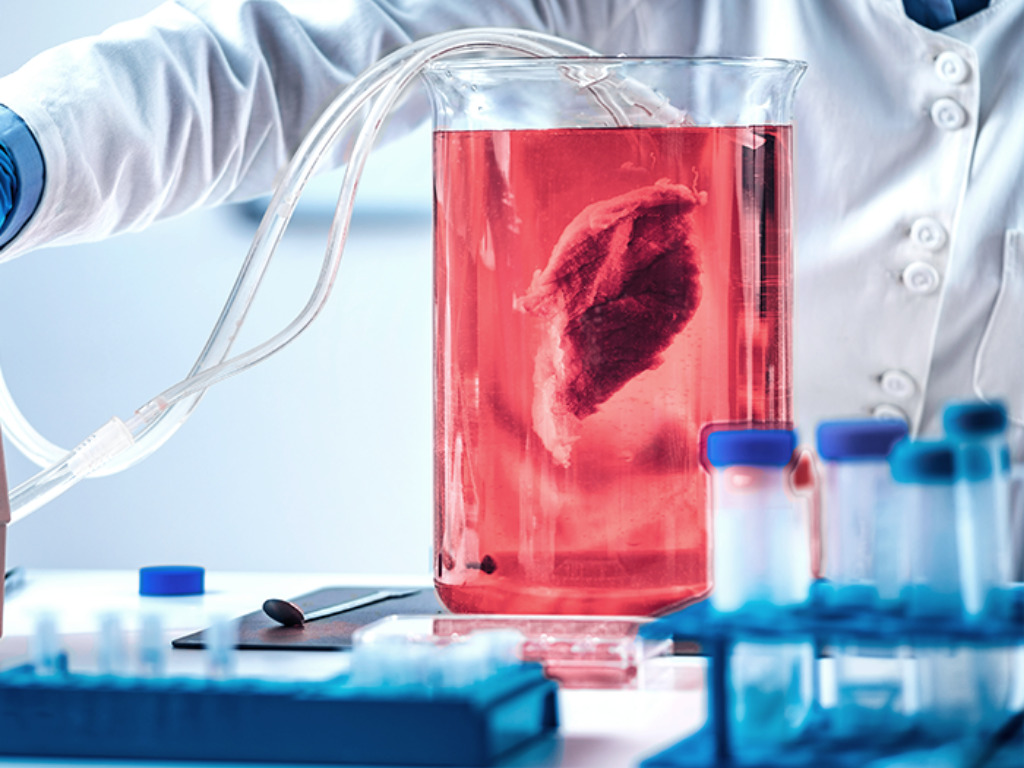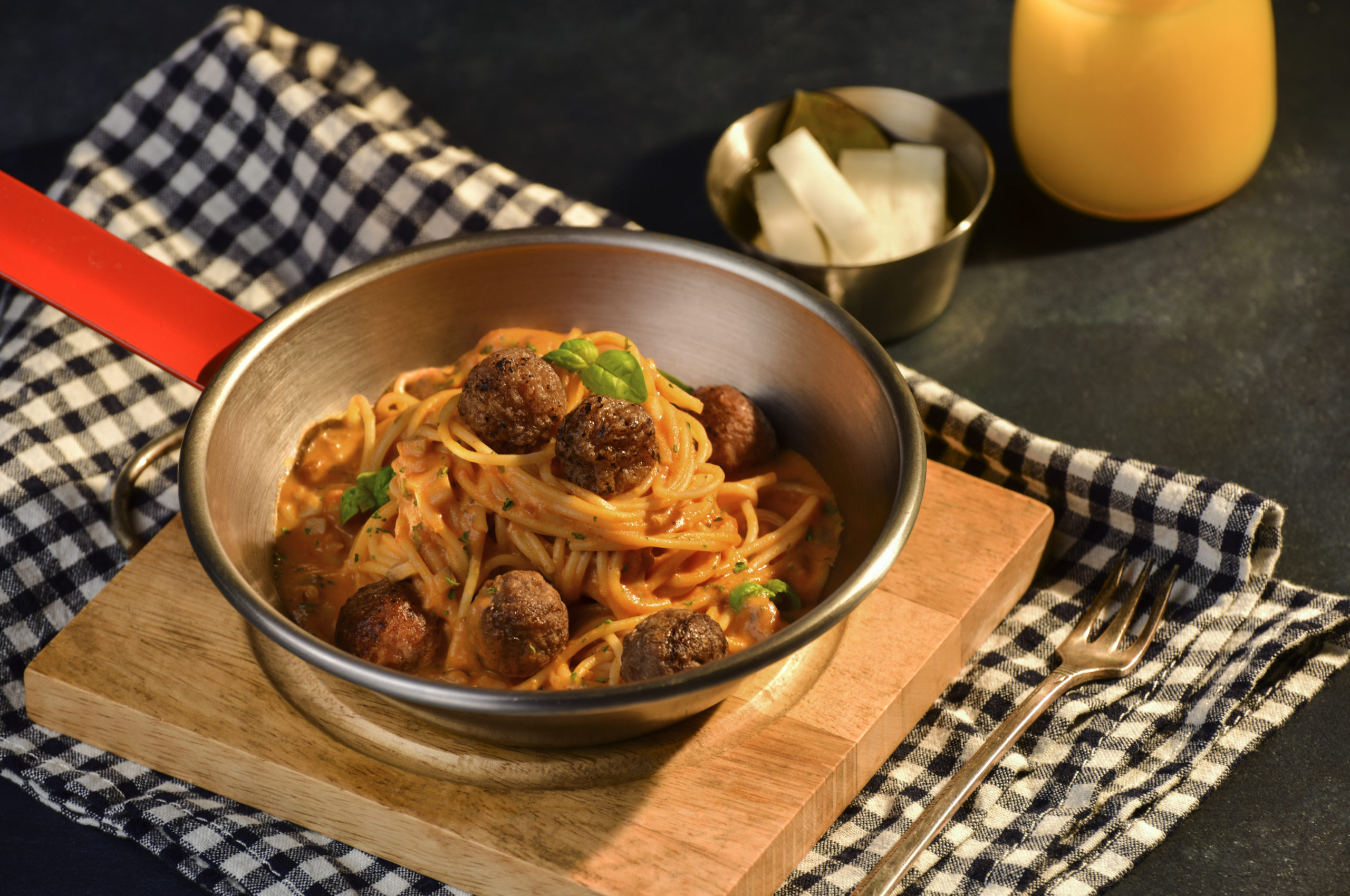90% of Koreans are Willing to Try Cultivated Meat, with Price & Taste Key Targets for Producers
6 Mins Read
A new report by the APAC Society for Cellular Agriculture (APAC-SCA) has revealed that an overwhelming majority of South Koreans are willing to try cultivated meat at least once, while price and taste remain key barriers. Regulatory breakthroughs, better labelling and industry collaboration are key to advancing this industry.
The Good Food Institute recently called South Korea a “global hotbed of alternative protein innovation”. In February, 28 industry stakeholders signed an MoU to advance the country’s cultured meat industry, while a month later, the North Gyeongsang province opened a 2,309 sq m Cellular Agriculture Industry Support Center.
There are at least nine companies working with cultivated meat in South Korea. These include the likes of CellMEAT, which has created prototypes of cultured Dokdo shrimp and caviar, TissenBioFarm, Simple Planet, CellQua, Space F, and SeaWith. Meanwhile, Korean noodle giant Nongshim invested $7.4M in food tech venture funding, with a focus on cultivated meat, and CJ CheilJedang has partnered with KCell Biosciences to build a cell culture facility in Busan.
Now, a new 1,110-person survey by APAC-SCA – a 2022-founded coalition working to advance the cultivated meat and seafood industry in the region – has found that consumer attitudes in the country back up the growing number of companies and developments in this sector.
Consumer attitudes towards cultivated meat in South Korea

APAC-SCA’s poll revealed that 90% of respondents say they’re willing to try cultivated meat at least once (though only 5% say they’d definitely eat it regularly). On top of that, 39% of Koreans are supportive of cell-based meat being sold at supermarkets and restaurants (with 14- to 29-year-olds leading the way) – only 10% are opposed to its commercialisation.
Meanwhile, 55% of consumers consider cultured meat to be similar to plant-based alternatives, while 19% would actually prefer cultivated proteins over vegan versions. This is especially true for people aged 20-29. And when it comes to motivators, price tops the list with 65% of South Koreans citing it as a factor, which is closely followed by taste and texture (62%). Health/nutrition (48%) and environmental reasons (47%) are important as well – but animal welfare is a factor for only a third of the respondents.
Interestingly, while 84% of consumers would favour a plant-based growth culture for cell-based meat, 35% wouldn’t mind seeing fetal bovine serum (FBS) being used to make these products. In fact, for a fifth (21%) of Koreans, FBS would be the most preferred option. This could indicate a lack of understanding about the different mediums on the part of consumers, prompting them to choose FBS over other cultivation mediums in their primary selection,” says Calisa Lim, project manager at APAC-SCA.
“However, we see that FBS ranks lower in the preferred cultivation medium overall, suggesting that negative perception of FBS still remains among the surveyed South Korean population,” she added. Meanwhile, 62% and 57% would be happy to see a serum based on marine microalgae or yeast, respectively.
Price is key

Only 1% of people in the survey say they don’t eat meat or seafood in some form, with two-thirds consuming it between three to five times per week, and 13% doing so daily. Meat remains the largest source of protein for the country, followed by eggs and dairy – and consumption of the former is also set to steadily rise over the next decade. On average, 36% of Koreans spend less than ₩30,000 ($22) weekly on meat products for their entire household, while 31% spend between ₩30,000-50,000 ($22-37).
But people aren’t willing to pay too much more when it comes to cultivated meat. In fact, only 12% say they’d be happy to pay ₩1,000-3,000 (74c-$2.2) more per 100g of cultured meat, and an even fewer 6% would be willing to pay more than that.
However, 57% claim they’d eat cell-cultured pork if it’s cheaper than its conventional counterpart (if taking ₩10,000/$7.4 per 100g as its average price), and 25% said the same for beef that costs ₩15,000/$11.1 per 100g. This suggests price parity – and thus scalability – is amongst the biggest obstacles for the cultivated meat industry in South Korea.
“Hybrid products and scaling up production are key factors to achieve price parity – and it is at the forefront on many of the companies’ agenda either today or in the near future,” explains Lim. “We need combined synergies and efforts through investors, contract manufacturers, established stakeholders, startups, and government bodies to facilitate a thriving ecosystem for cultivated meat and seafood in South Korea.”
Report recommendations

Last year, South Korea’s Ministry of Food and Drug Safety included official guidance for alt-protein in its national plan last year, which included a focus on the safety, manufacturing processes and regulatory approval of cultivated meat. It has also amended the Food Sanitation Act to recognize cultivated food as an ingredient within the legal framework, pledged its support towards bringing these products to market, and prioritised the establishment of regulatory frameworks for these foods.
Such legislative support is key, as one of APAC-SCA’s report recommendations points out. Clear guidance and a robust regulatory framework will provide much-needed clarity on the safety of these products to consumers, while coordination of regulatory efforts would help make better-informed decisions and support evidence-based policies for the growth and acceptance of cultured meat and seafood. Additionally, tasting guidelines on regulator-approved cultivated meat can help manufacturers test the safety of their products.
APAC-SCA points out the importance of industry collaboration too, as knowledge-sharing can help support the development of a consistent approach towards cultivated meat production. It adds that setting an industry standard can help reduce risks, establish consistency, and provide a reliable framework of reference for these products across the supply chain.
“Well-conceived industry standards are important to ensure a level playing field for players along the cultivated meat and seafood supply chain, and can serve as a frame of reference for regulatory bodies,” notes Lim, adding that APAC-SCA is developing the first industry standard for labelling, safety and manufacturing of cultured meat in Singapore. “This will provide a framework of best practices for new and existing players, thereby supporting the growth and acceptance of cultivated foods as a sustainable and safe food source.”
Finally, unified messaging for consumer awareness and education is paramount to gain their confidence, as are simple and clear product labels to identify cultured meat in South Korea. “At the moment, there is no label to differentiate cultivated food products from its conventional animal counterparts. As more cultivated meat and seafood companies look to commercialise their products, a simple and clear label can help consumers make informed purchasing decisions, and boost their confidence in consuming these products.”
“With the rapid advancements in cultivated food technology over the past decade, many companies have – or will soon possess – the capacity to go to market,” added Peter Yu, APAC-SCA programme director. “Hence, the ability to demonstrate it can be done safely and efficiently is now a primary consideration for the industry.
“Considering [that] close to eight in 10 consumers indicate that they consume meat or seafood three or more times a week, there is a great opportunity and incentive for the close collaboration between the government and industry to overcome key regulatory challenges, which will in turn drive growth and commercialisation efforts.”



